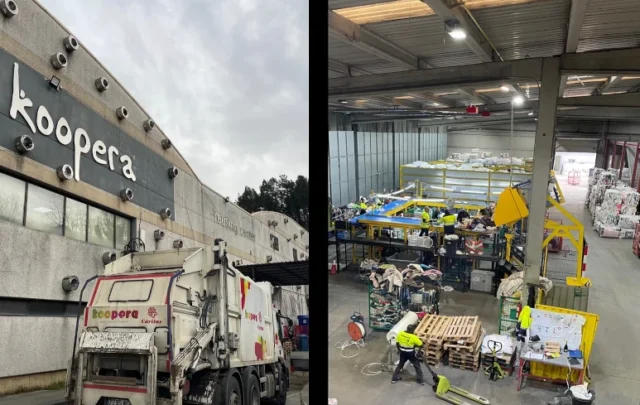
Paul Stevenson under a Creative Commons Licence
The dust has settled in Paris, where hundreds of thousands of delegates, journalists and activists spent the last two weeks buzzing around on little sleep and carrying heavy agendas. Despite the news of a ‘historic, world-saving agreement’ flooding the airwaves, tens of thousands flooded the streets on Saturday to express grief, despair, anger, defiance, and a commitment to continue strengthening the climate justice movement. According to the activists, who were literally drawing massive red lines through central Paris (and in other places around the world), the Paris Agreement permits governments to cross many important red lines representing the basic requirements for a just and liveable planet (you can see more detailed analysis on just how bad the deal really is here).
Given the decades of international meetings not yielding any cuts in greenhouse gas emissions (but rather growth by 63%), most of the civil-society groups were prepared for another epic failure at COP21. Yet many of these groups are developing strategies to drive scientifically adequate and historically fair transformations at local and national scales. A diversity of groups are working to remove the social licence of polluting corporations, the legality of company fiduciary duty over human lives and ecological systems, and the political and economic incentives granted to climate-warming industries.
While some of these groups have gained notoriety on social media for their creative actions, trade union groups and allies have been working quietly and diligently in their own locales to develop rapid phase-out plans for fossil fuel-emitting industries and vamping up renewables, as well as increasing energy efficiency in buildings, and reducing emissions in transport, food production and other important areas.
Jonathan Neale of the One Million Climate Jobs campaign in the UK explains, ‘These plans aim for a just transition – with the public creation of the climate jobs needed, a training programme for people leaving fossil sectors and moving into the new industries, and guaranteed work with decent pay for working people.’
Members of the Global Climate Jobs campaigns active in South Africa, Norway, Canada, the Philippines, the UK, New York State, and Mauritius held a number of workshops over the duration of the two weeks in Paris to explain how the existing campaigns in particular national contexts were developed, and to offer support for people who want to begin climate-jobs campaigns in their own countries. New campaigns are being launched in countries all over the world as a result of these discussions.
Trade Unions for Energy Democracy (TUED), like many of the climate jobs campaigns, emphasize the need for the jobs created to be public-sector jobs, and for the carbon-free energy, transportation and housing to be affordable and accessible for all.
The way forward is with ‘social ownership and democratic control of energy’, Sean Sweeney, founder of the Global Labor Institute, said at a sold-out event in Paris, titled ‘Now is not the time for small steps: solutions to the climate crisis and the role of trade unions’. Clara Paillard, who is the National Executive Secretary of the UK-based Public and Commercial Services Union, elaborated, emphasizing that addressing climate change is too important to be left to the market, and that the transition needs to be managed across scales by the public, not for short-term, private gains.
Leader of the British Labour Party Jeremy Corbyn and renowned writer and activist Naomi Klein joined for the lively conversation of the crucial link between the imperatives for social, economic and political transformation in the context of a warming climate. One of the panellists, leading trade unionist Josua Mata of Sentro (Philippines), posed one of the most salient and challenging questions: ‘If the deal is going to be so bad, why don’t we just reject it? Isn’t no deal better than a bad deal?’ Naomi Klein’s response was that, even if we want to, we don’t get to reject it.
The lack of democracy and the hold of powerful countries and interests over the international processes means that the local and national scales are the actual planes at which we can operate to bring about large-scale changes.
Many of the climate-jobs campaigns are gaining traction and, thanks to the tireless work of trade unionists, allies and other organizers for social justice, it looks like we may see large-scale ‘operationalization of the first climate-jobs campaign in Canada within the year. The strategy of developing transitional blueprints on national or local scales, with an aim to put power back into the hands of the public, may be the best bet we have to massively rejig the world as quickly and democratically as possible.























